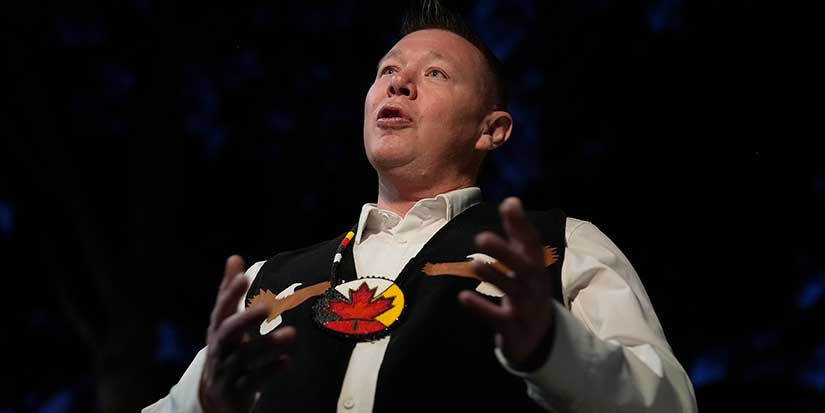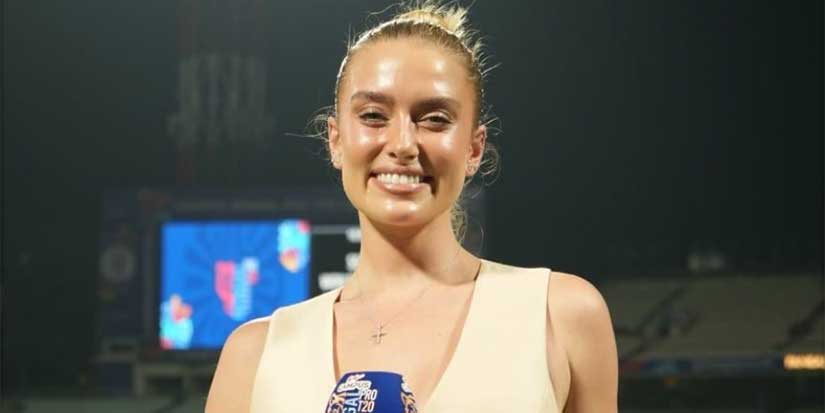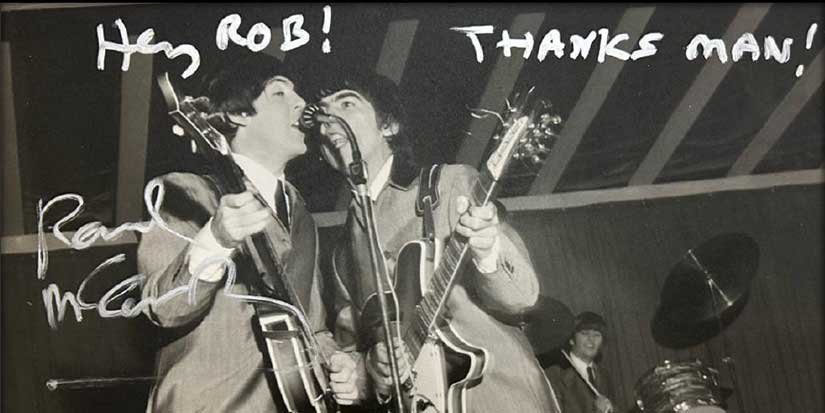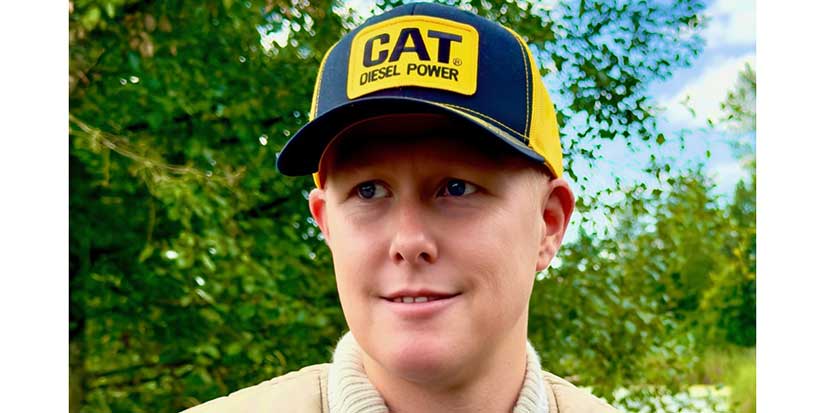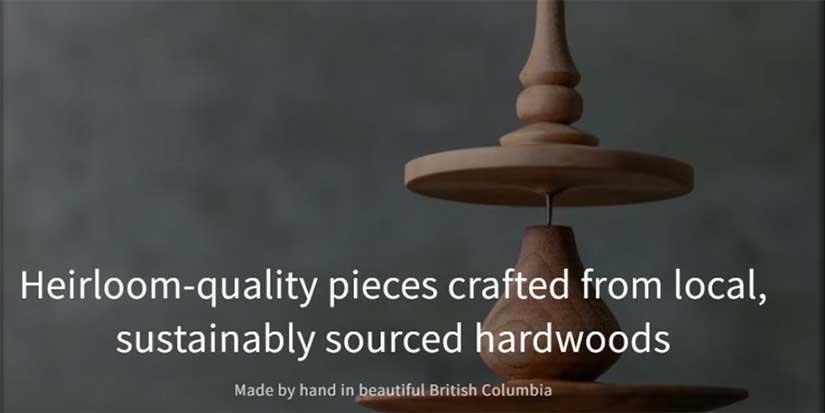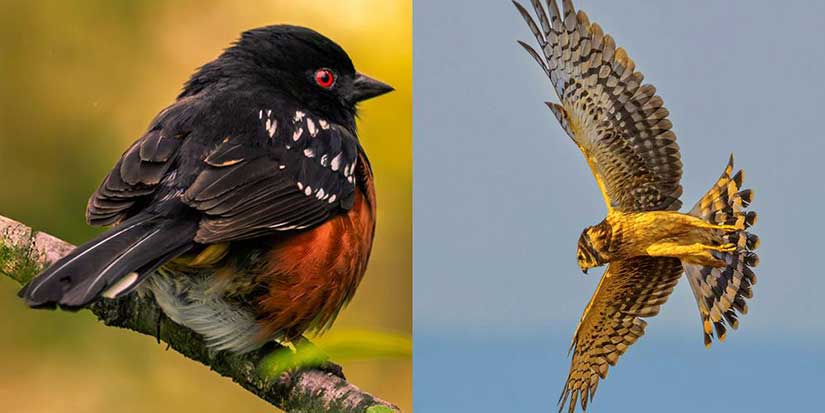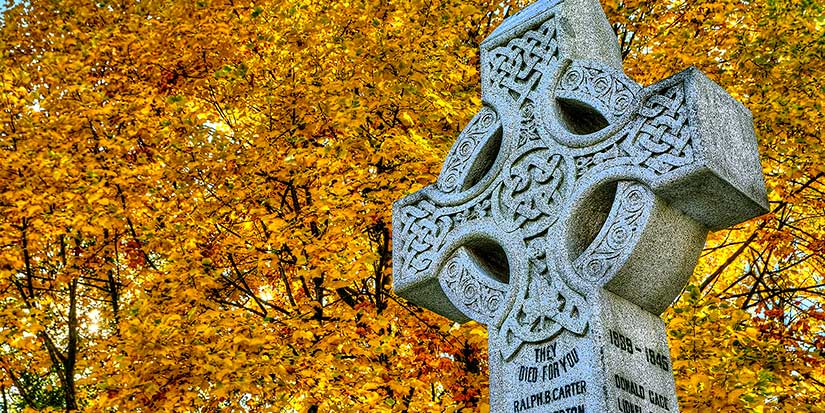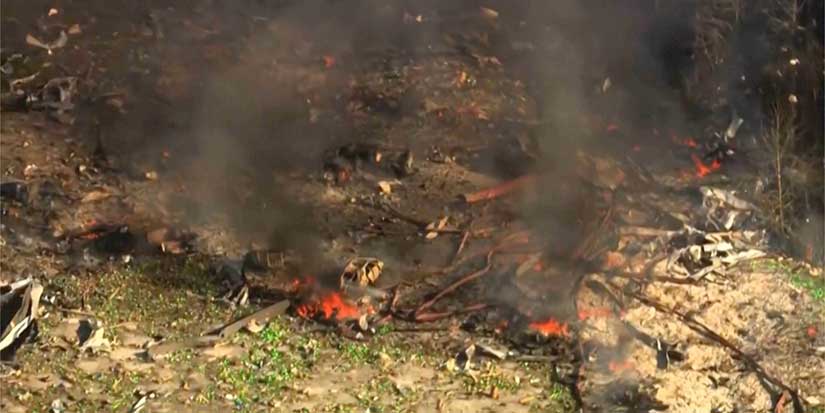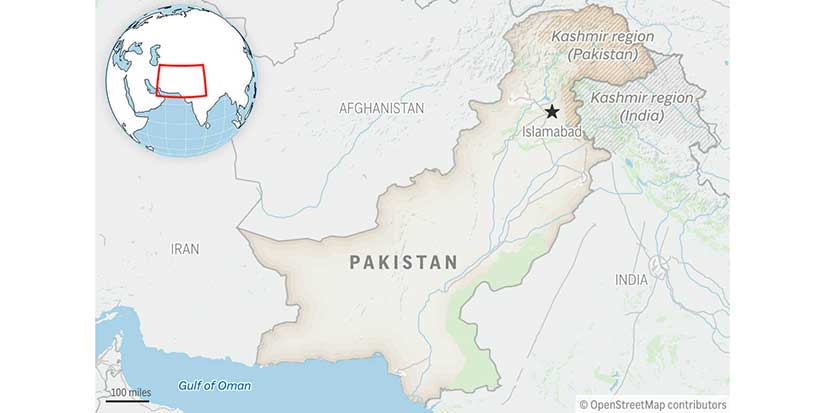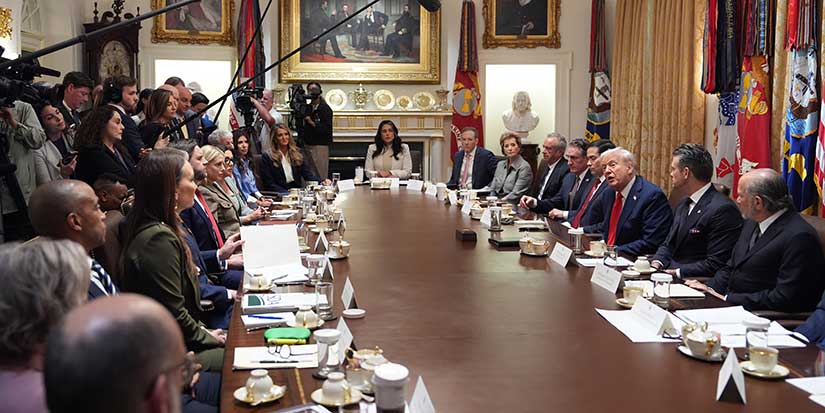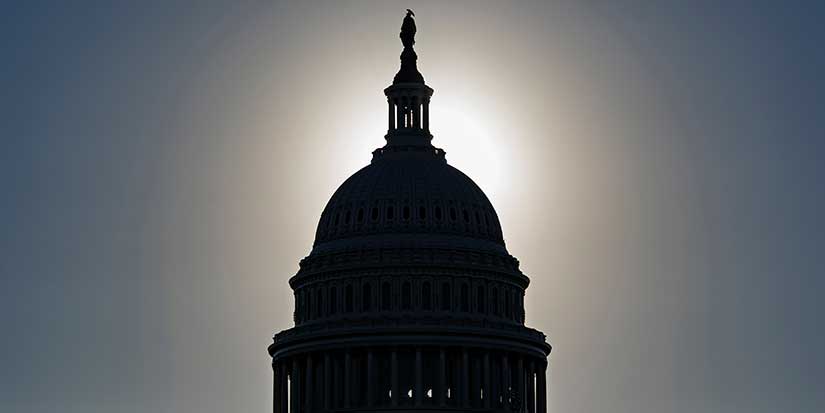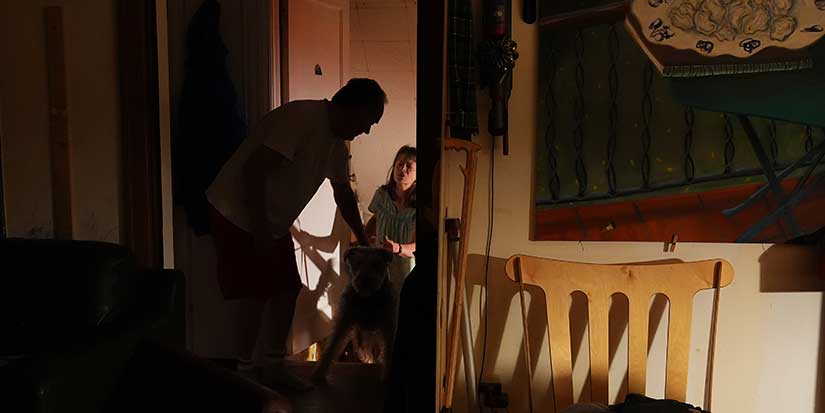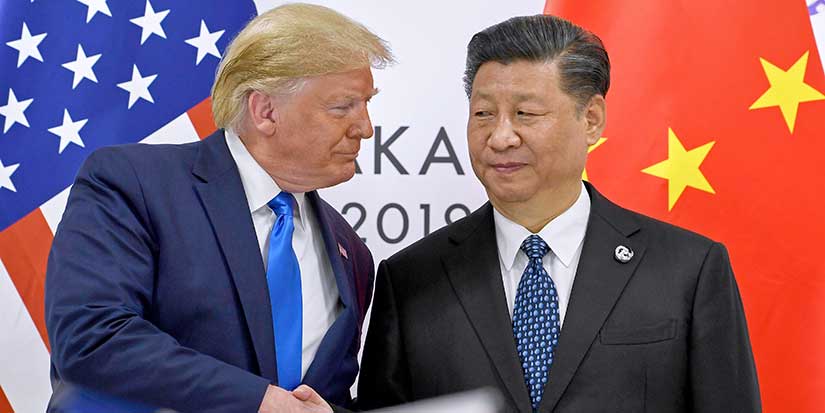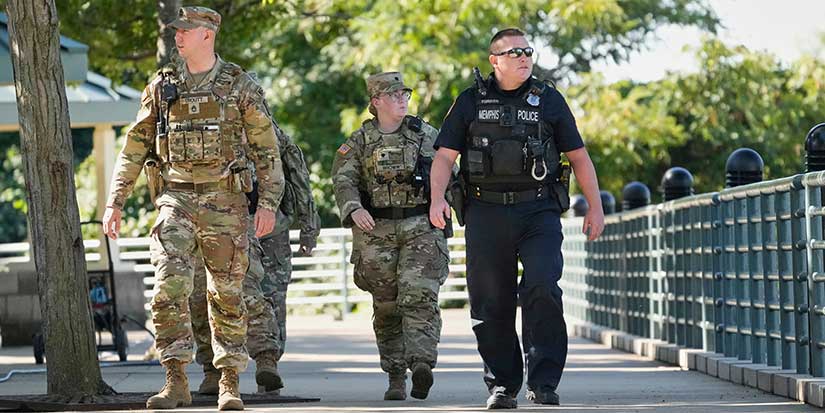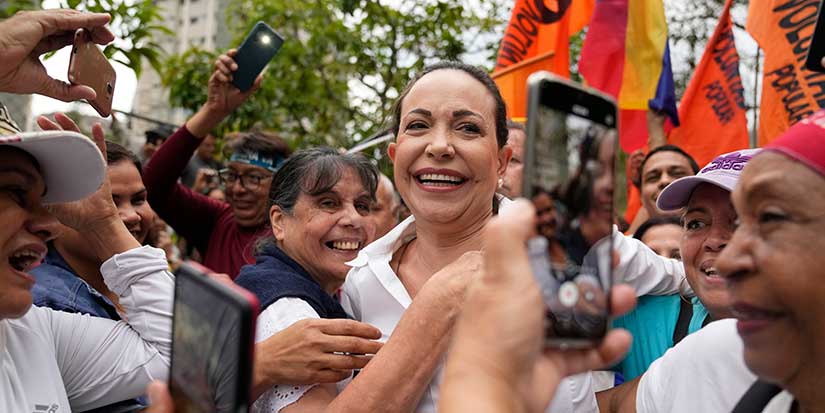National News
MP warns senators against further Indian Act changes without House of Commons input
Published 10:38 PDT, Fri October 10, 2025
Last Updated: 2:34 PDT, Fri October 10, 2025
—
A Liberal MP is warning senators on a committee studying proposed changes to the Indian Act that they might do more harm than good if they pursue changes to the law that were never endorsed by members of Parliament.
The committee is studying legislation that would eliminate some gender inequities in the Indian Act, allowing some 6,000 people to become eligible for First Nations status.
Witnesses testifying before the Senate committee on Oct. 1, including Assembly of First Nations National Chief Cindy Woodhouse Nepinak, said while the legislation is a good first step, sex-based discrimination is still baked into the Indian Act. They want senators to make even more people eligible for status.
Liberal MP Jaime Battiste, a member of the House of Commons committee on Indigenous issues, told The Canadian Press that's a noble goal but the Senate isn't the place to introduce sweeping changes to the law beyond those in the proposed legislation.
"It's not something that we should rush into and put an amendment (in) that potentially impacts generations of First Nations status Indians," Battiste said.
First Nations identity is a complex topic, he said, and extending status to more people without thorough consultations with Indigenous communities isn't the way forward.
The legislation was introduced in the Senate with the endorsement of the federal government, but if the Senate passes it, it still needs to go to the House of Commons to be voted on.
Battiste said the Commons committee he sits on could study inequities in the Indian Act sometime next year. That would give the Assembly of First Nations time to debate potential changes to status eligibility during their upcoming gathering in December that MPs could use to inform their own work, he added.
Some First Nations chiefs have said the "second-generation cutoff" in the Indian Act could leave their communities with no federally recognized members in the next generation — essentially eliminating their rights as a distinct people.
The second-generation cutoff, born of a 1985 amendment to the Indian Act, prevents individuals from registering for status under the Indian Act if they have a parent and a grandparent who did not have status.
"We are being subjected to mathematical genocide, and we are projected to be legally extinct in a matter of three to four generations," Marilyn Slett, the elected chief of the Heiltsuk Tribal Council and secretary-treasurer of the Union of British Columbia Indian Chiefs, told senators on Oct. 1.
"Our women and children, who continue to be barred from seeking compensation, endure irreparable harm as a result of sex- and race-based discrimination, including forcible disconnection from the land, their family, communities, cultures, language, roles in governance and identities — harms that require proactive redress and repair."
The United Nations has also called on Canada to address sources of gender inequity in the Indian Act, including the second-generation cutoff.
First Nations identity is a thorny subject for some, and one the federal government has said is not appropriate for them to police — despite its control over the Indian Act and its registry of status First Nations people.
Shannin Metatawabin is the CEO of the National Aboriginal Capital Corporation Association and a frequent critic of the government's verification of Indigenous identity in federal procurement. He told senators on Oct. 1 that when jurisdiction over citizenship is transferred to First Nations, it makes it more difficult for people to falsely claim Indigenous identity.
"We know our community. We know which organizations are acting in good faith and which are not," Metatawabin said.
Julie McGregor, acting chief of staff for the Assembly of First Nations, agreed.
"We find our solutions within our people. That’s what we have to go back to. We know who we are, and often our voices are ignored in this process," McGregor told senators on Oct. 1.
"As many other witnesses have said, (this legislation is) piecemeal. We need to think bigger."
Battiste agreed the Indian Act shouldn't determine who community members are — but neither should "unilateral amendments by an MP or by a senator."
"The important thing is that the communities' wishes are reflected, and that there's some consensus established," he said.
Indigenous Services Minister Mandy Gull-Masty, testifying before the Senate committee on Sept. 24, spoke of her own concerns about the second-generation cutoff and the impact it has had on her family.
Gull-Masty, a Cree woman, spoke of her own mother losing status when she married a non-status man.
"She also lost access to her community, her voice and her rights. This affected all of the children that she had, and their grandchildren to follow. These consequences were quite profound," she said.
She said something needs to be done to address issues with status and she's committed to working on it.
"But it must be done in collaboration," she said.
"In the coming months, we will conclude the collaborative process that we have started, and we will ensure that we move forward in an informed way on the path to address what legislative reform needs to be in addressing those remaining inequities."
– Alessia Passafiume, The Canadian Press
